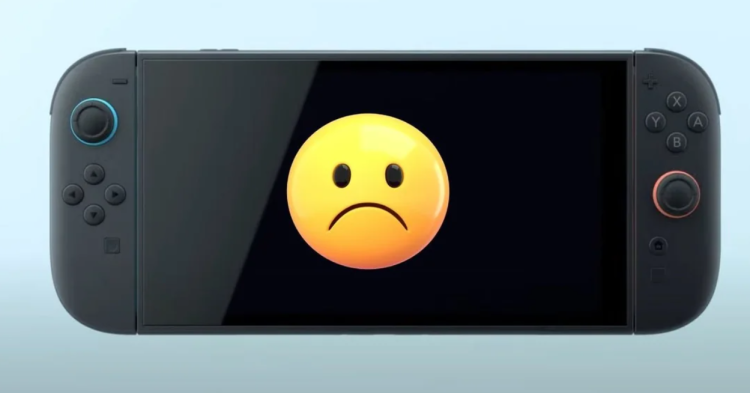Nintendo’s Cold Shoulder: Why They Ignore You When You’re Mad
Nintendo fans have been vocal lately. The Switch 2 rumors, leaks, hardware concerns, and unmet expectations have created a pretty loud storm online. But while Reddit, Twitter, and YouTube are on fire, Nintendo has stayed quiet—eerily quiet. No statements. No clarifications. Not even a vague corporate response.
Turns out, that's not a misstep. That is the strategy.
Former Nintendo of America employees Kit Ellis and Krysta Yang pulled back the curtain on the latest episode of their podcast, revealing how the company has always handled backlash. Spoiler: they don’t.
They are not human. They are like a faceless corporate robot. And so their response to you screaming on the internet and being mad is like, ‘I don’t care.’ – Krysta Yang
That quote’s not an exaggeration. It’s a direct callout from someone who used to be on the inside.
According to Ellis, the current silence around the Switch 2 backlash isn’t surprising. It’s the same pattern Nintendo has followed for years. Don’t engage. Don’t explain. Just wait. Yang adds that when they worked there, the standard move was to “pretend it didn’t happen,” no matter how loud the outrage got.
They described Nintendo’s public relations strategy as deeply robotic—cold, calculated, and uninterested in the emotional weight behind consumer complaints. It’s a philosophy built on a single, unwavering belief: the moment something new and exciting drops, fans will forget what they were angry about.
And... they might be right.
As for Nintendo's business today, they're doing great. After all, the Switch 2 has become the company's best-selling device of all time. That's it.
Even now, with online discussions buzzing with frustration over pricing, specs, and unclear communication about the Switch 2, there’s still anticipation bubbling for whatever reveal Nintendo has planned next. The cycle continues. And Nintendo knows it.
From a formal standpoint, this strategy has been consistent with how the company approaches communication. Nintendo is known for its controlled messaging, often opting for pre-recorded Directs over live interactions and rarely issuing reactive statements unless required legally or financially. This approach allows the company to maintain image stability and avoid the risk of fueling controversy by acknowledging it directly.
During their podcast, Ellis and Yang clarified that they weren’t defending the company’s behavior—just explaining it. From their perspective, it’s not about ignoring fans out of malice, but about sticking to a system that’s worked (at least in Nintendo’s eyes). Nintendo views engagement with controversy as a risk with no reward. If it’s not hurting the bottom line and people are still buying games, why jump into the fire?
This detached philosophy can be incredibly frustrating for fans, especially those who expect more transparency from one of the biggest names in gaming. While other developers might tweet clarifications, respond to community feedback, or address leaks directly, Nintendo just waits for the next big Direct to shift the narrative.

Image: razorbeam on Reddit
It’s a method that can come off as arrogant or tone-deaf. But it’s deliberate.
This also explains the company’s silence during previous controversies, whether it was Joy-Con drift, limited availability of classic games, or unpopular decisions about online services. Fans speak out, the company says nothing, and then drops a new trailer or game that resets the conversation.
Yang described this tactic as damaging in the long run, warning that teaching fans “they can do this to you” sets a precedent for emotional detachment. But she and Ellis also admitted that from a business standpoint, it’s worked so far. Fans might be frustrated, but they’re still paying attention.
For the Switch 2, this strategy feels riskier. The platform is following up one of Nintendo’s most successful consoles ever. Expectations are sky-high. Leaks and early impressions haven’t helped. The longer Nintendo stays quiet, the more pressure builds. But according to insiders, that pressure isn’t going to move them.
Because at Nintendo, it’s not about damage control. It’s about patience. The company believes you’ll stop being mad when you’re distracted by what comes next. And history suggests they might be right again.
Just don’t expect them to say anything while you’re yelling. They’ve already moved on.

Comments